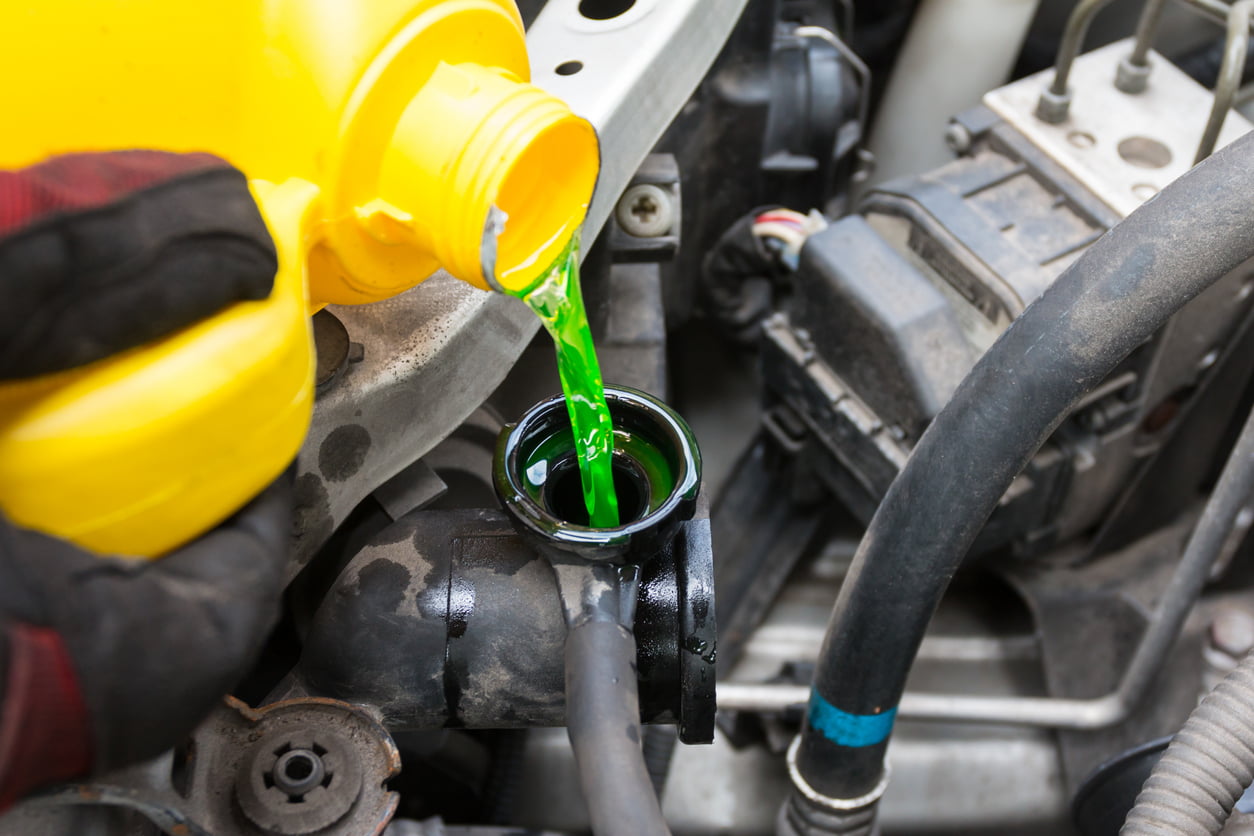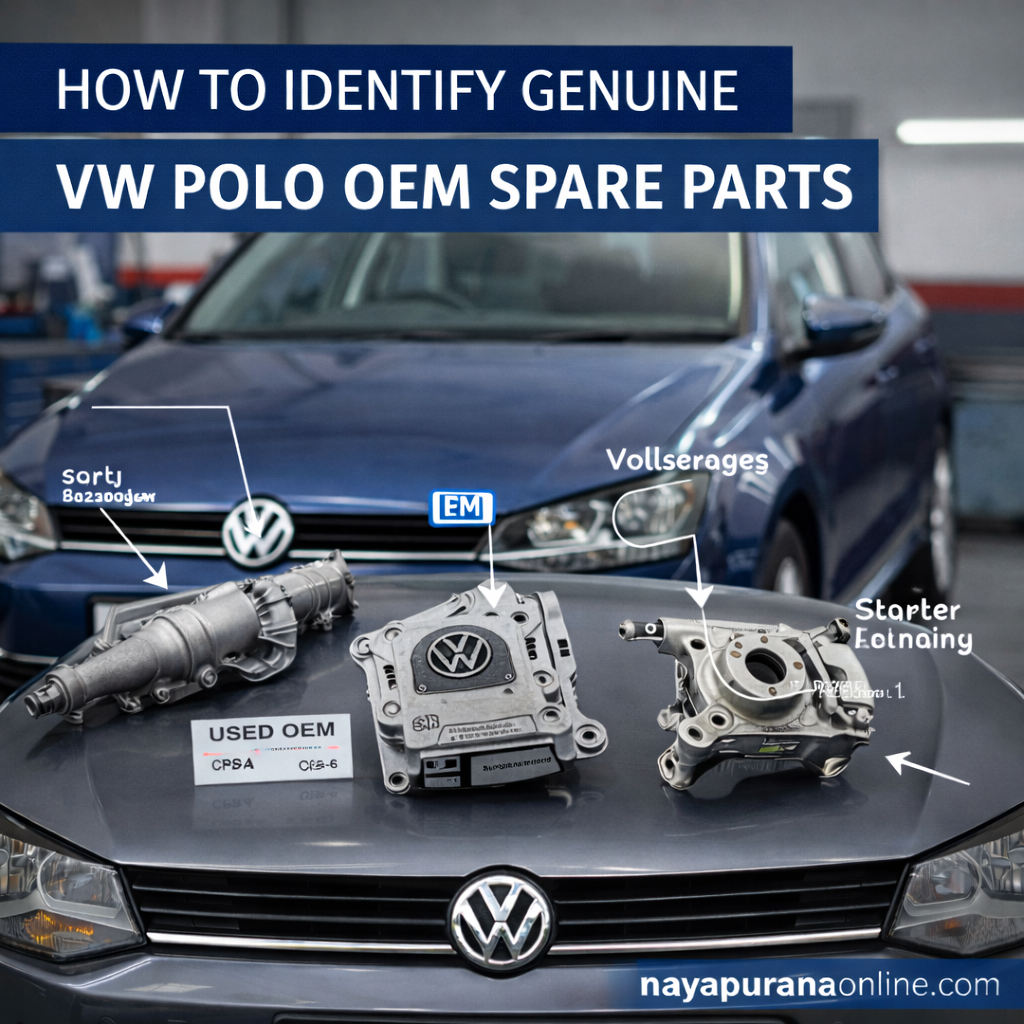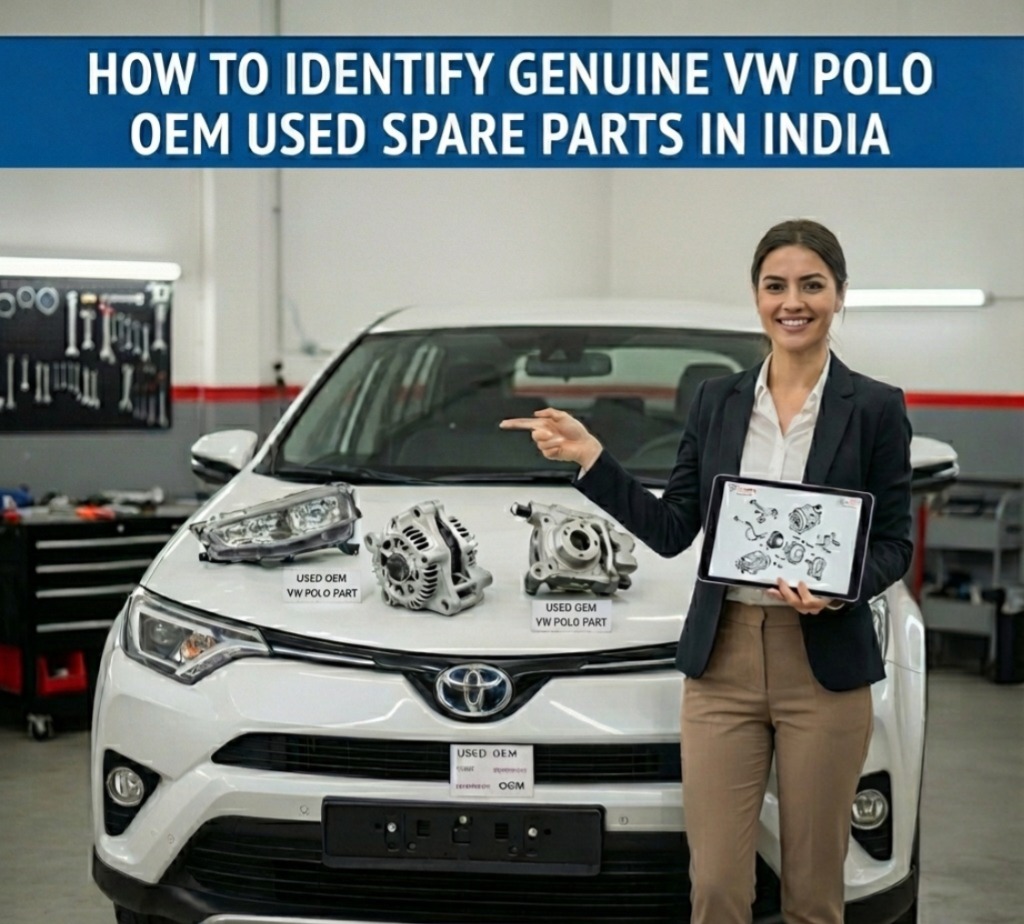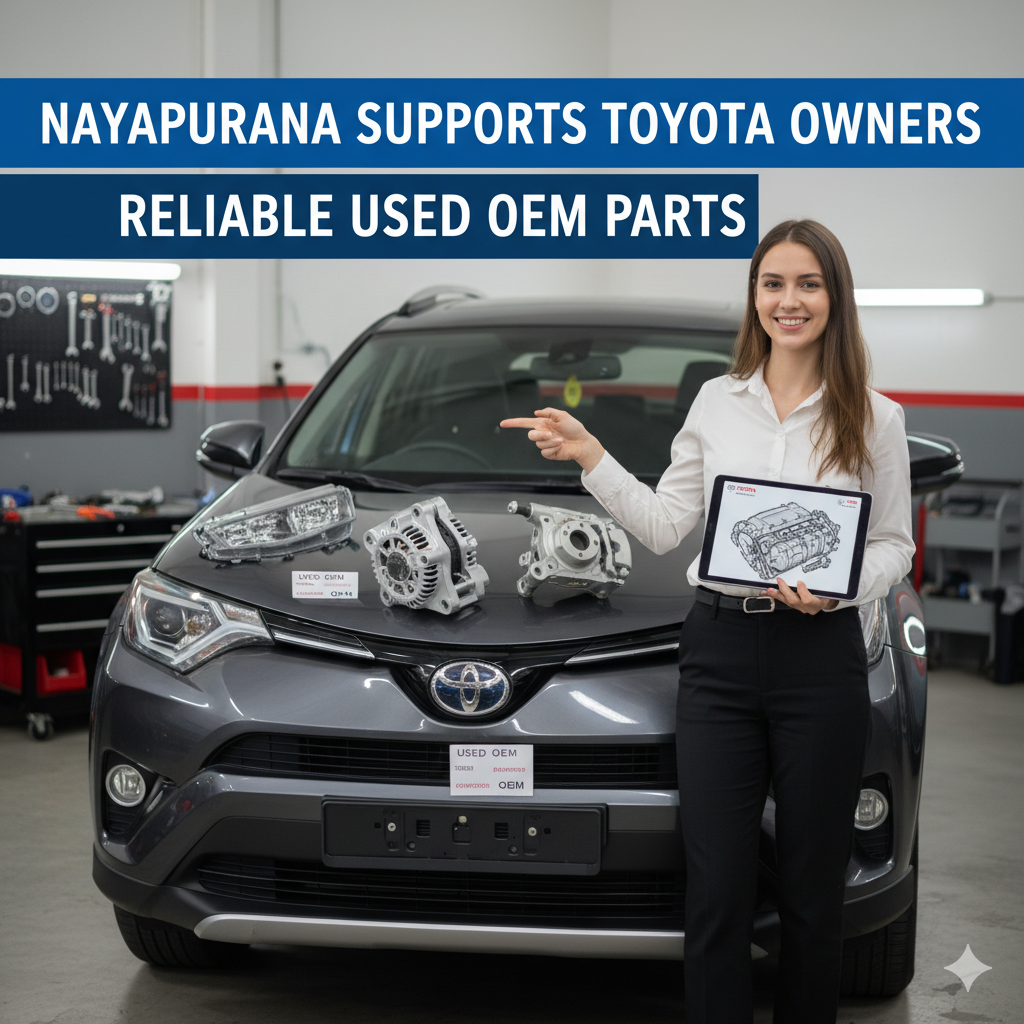Selecting the appropriate engine coolant is vital for optimal engine performance. To make the right choice:
1. **Consult Your Manual:** Refer to your vehicle's manual for coolant recommendations tailored to your model.
2. **Know Types:** Learn about ethylene glycol and propylene glycol coolants and their properties.
3. **Consider Climate:** For cold climates, pick antifreeze properties; hot climates need heat dissipation.
4. **Check Compatibility:** Ensure the coolant suits your engine type and materials to prevent corrosion.
5. **Inspect Additives:** Look for additives that combat rust, corrosion, and scale buildup.
6. **Evaluate Longevity:** Choose between standard and long-life coolants based on maintenance preference.
7. **Prioritize Quality:** Opt for trusted coolant brands to prevent issues.
8. **Avoid Mixing:** Stick to one coolant type to prevent chemical reactions.
9. **Seek Expert Advice:** When in doubt, consult a mechanic for personalized guidance.
Maintain your engine's health and performance by choosing the right coolant thoughtfully.

Choosing the right type of engine coolant is a crucial decision that directly impacts the performance, longevity, and efficiency of your vehicle's engine. Engine coolant, also known as antifreeze, plays a vital role in maintaining proper temperature regulation within the engine and preventing it from overheating or freezing. Here's a comprehensive guide on how to select the appropriate engine coolant for your vehicle:
1. **Refer to the Owner's Manual:** The first and most important step is to consult your vehicle's owner's manual. It will provide specific recommendations for the type of coolant that's best suited for your engine. Different manufacturers and vehicle models may have varying coolant requirements.
2. **Identify Coolant Types:** Engine coolants come in various formulations, each designed for specific purposes. The two most common types are ethylene glycol-based and propylene glycol-based coolants. Ethylene glycol coolants offer excellent heat transfer and are widely used. Propylene glycol coolants are less toxic and are often found in newer vehicles or those requiring an environmentally-friendly solution.
3. **Check the Color Coding:** Coolants are often color-coded to indicate their specific properties. While color isn't the only indicator, it can provide a clue about the type of coolant. However, due to variations in manufacturing and additives, it's safer to rely on the coolant's specifications rather than its color.
4. **Consider Your Climate:** The climate in your region plays a significant role in coolant selection. If you live in a cold climate, you'll need a coolant with antifreeze properties that prevent freezing in low temperatures. Conversely, a coolant with good heat dissipation properties is essential for hotter climates.
5. **Check Compatibility:** Make sure the coolant you choose is compatible with your vehicle's engine and materials. Some coolants are designed for specific engine types or materials like aluminum or cast iron. Using an incompatible coolant can lead to corrosion and damage to engine components.
6. **Inspect Additive Packages:** Coolants often come with additives that provide additional protection against rust, corrosion, and scale buildup. These packages can vary, offering benefits like extended service life and enhanced protection. Ensure the chosen coolant has the right additives for your vehicle.
7. **Consider Longevity:** Some coolants are designed for extended service intervals, while others need more frequent replacement. Long-life coolants can save you time and maintenance costs, but be sure to follow the manufacturer's recommended replacement schedule.
8. **Brand and Quality:** Opt for reputable coolant brands from trusted manufacturers. Quality coolants are less likely to cause issues like clogs or component damage.
9. **Avoid Mixing Coolants:** Mixing different types of coolants can lead to chemical reactions that reduce the effectiveness of the coolant and potentially damage the engine. Stick to the same type of coolant as recommended by your vehicle's manufacturer.
10. **Consult a Professional:** If you're unsure about the right coolant for your vehicle, don't hesitate to seek advice from a qualified mechanic or dealership. They can provide expert guidance based on your vehicle's specific requirements.
In conclusion, choosing the right engine coolant requires careful consideration of your vehicle's specifications, climate, and intended usage. Following the manufacturer's recommendations and guidelines will help you maintain your engine's performance and prolong its lifespan.



 Login
Login









